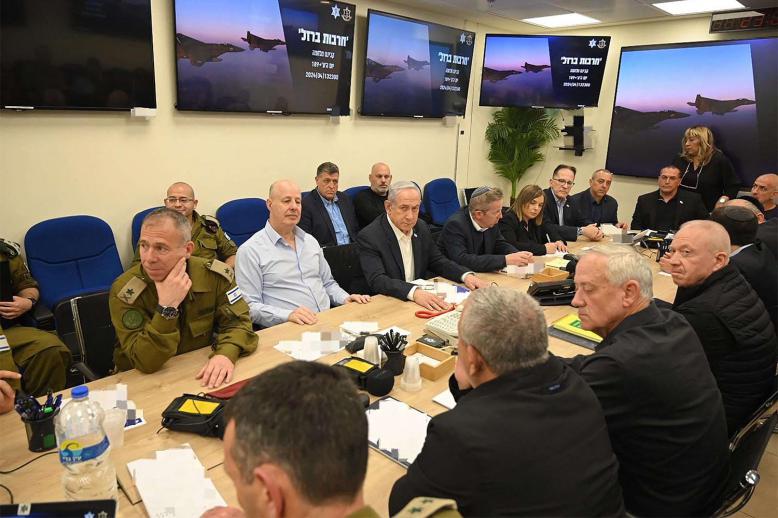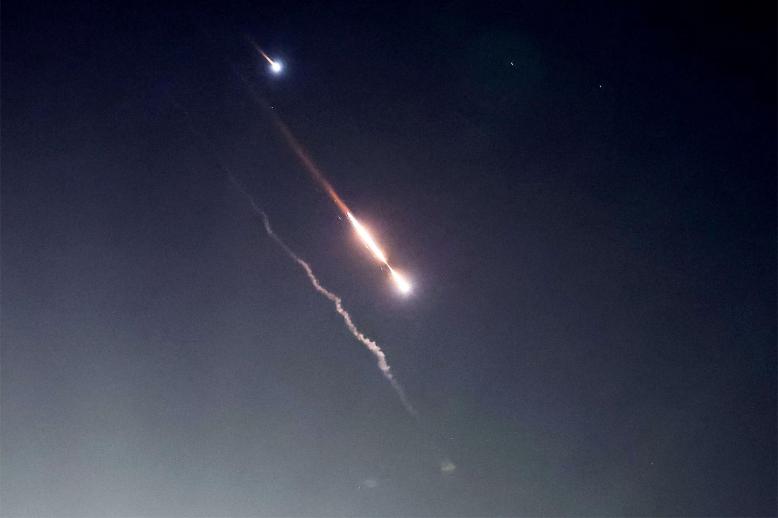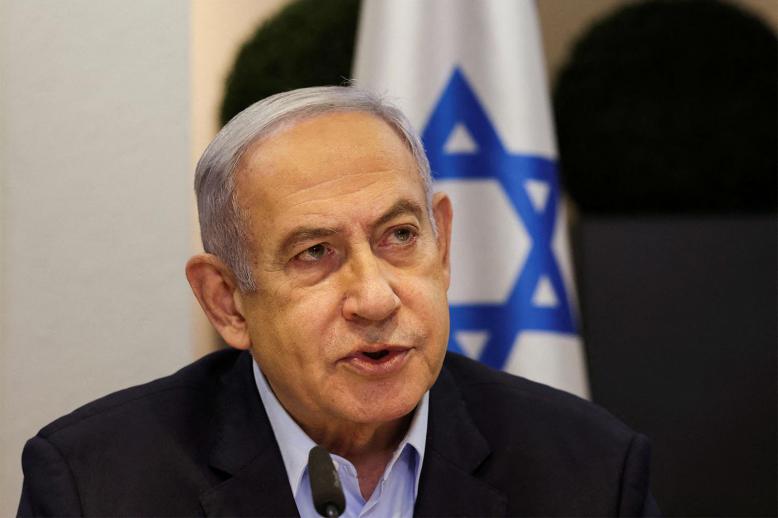Does Trump Really Have a Plan to End the Gulf Crisis?
When US presidents face a wave of problems on the domestic front, they sometimes turn their attention to foreign affairs. After all, a victory is still a victory.
President Donald Trump has turned his attention to the conflict involving Qatar and countries such as Saudi Arabia, the United Arab Emirates and Bahrain. The dispute over Qatar’s close ties to Iran and accusations regarding Doha’s ties to Islamist groups came into the open last June but has shown no sign of being resolved.
Facing a tsunami of problems on the domestic front, Trump decided to reinvigorate his role as peacemaker. He called Saudi Crown Prince Mohammed bin Salman bin Abdulaziz and UAE Crown Prince Mohammed bin Zayed al-Nahyan. He thanked them for suggesting methods for Gulf countries to “better counter Iranian destabilising activities and defeat terrorists and extremists,” a White House release stated. (In plain-speak that’s known as buttering them up.)
Trump invited both men and Qatari Emir Tamim bin Hamad al-Thani to Washington for bilateral meetings. Finally, there will be a peace conference, also in Washington, this spring.
It’s a nice idea but so what? On this issue, Trump is truly between a rock and a hard place. On the one hand, he wants help from the Saudis and other Gulf countries to force the Palestinians to agree to the peace plan he puts forward. On the other hand, the largest US military base in this strategic region is in Qatar, just outside Doha.
Is Trump trying to leverage his personal relationship with these leaders to cajole them into settling their dispute? After all, he hasn’t really offered any other solutions to the Arab countries’ 13 demands of Qatar. In fact, Trump has sent fairly mixed signals.
Last summer, he and US Secretary of State Rex Tillerson sent conflicting messages. Tillerson signed a counterterrorism agreement with Qatar even as Trump was blasting Doha for its ties to Iran. Tillerson’s remarks on his hopes for a solution to the conflict were greeted by an angry Twitter storm from the UAE state minister for foreign affairs.
Trump undermined his secretary of defence, James Mattis, who said the Al Udeid Airbase in Qatar was in no danger of being moved. The US president publicly speculated that it should be easy to move and that there were ten other countries in the region that would jump at the chance to host it.
There are other complicating factors as well. Under Trump, some believe the United States has become a bit player in the region. This continues a trend that began under the Obama administration. The reduced role has allowed Russia to step boldly into the fray and to assume the role of the region’s major outside mediator.
Another potential problem, though it’s purely domestic for Trump, is the announcement that his son-in-law Jared Kushner’s top-secret security clearance has been revoked. Kushner had been Trump’s point man on the Palestinian-Israeli peace initiative and Kushner has met with almost every major leader in the region. It will be much more difficult for Kushner to contribute in a meaningful way now that he will not have access to top-secret intelligence reports.
All of this makes for a confusing picture. How is any Gulf leader supposed to know exactly what the Americans are thinking? Or whom to believe?
This is why almost no expert on the region believes anything positive will come of Trump’s Gulf peace initiative. Instead, the experts say, the dispute between Qatar and its neighbours will continue for many months.
Tom Regan, a columnist at factsandopinion.com, previously worked for the Christian Science Monitor,National Public Radio, the Boston Globe and the Canadian Broadcasting Corporation. He is the former executive director of the Online News Association and was a Nieman Fellow at Harvard in 1992.
Copyright ©2018 The Arab Weekly



